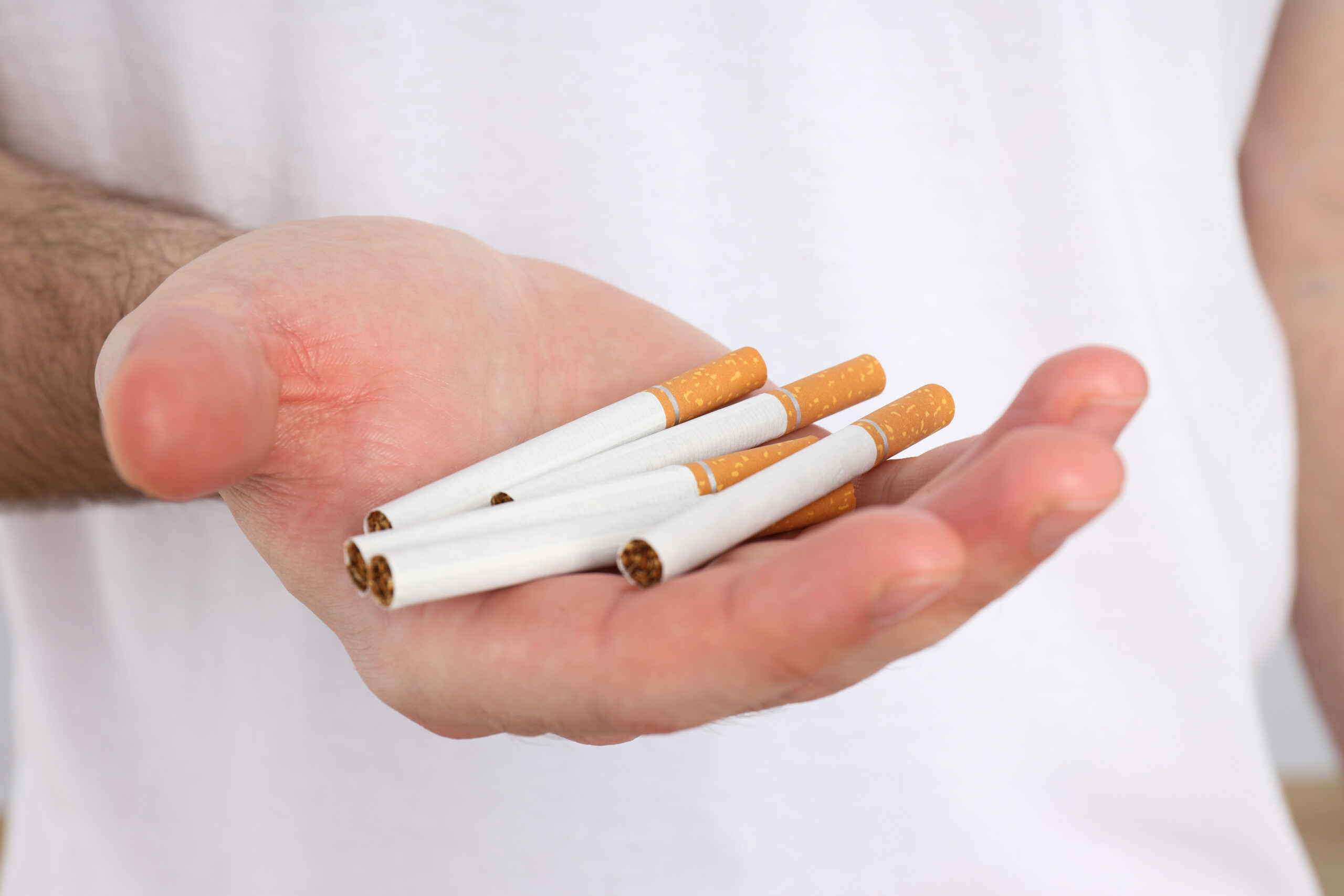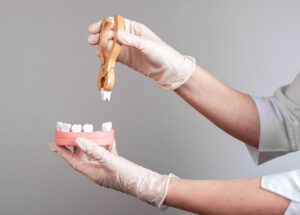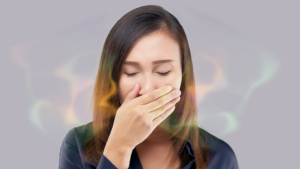Smoking not only affects your overall health, such as your lungs, heart, and brain, but it also has a direct impact on your oral and dental health. Here are some of the key effects you should be aware of:
1. Decreased saliva production and dry mouth
Smoking reduces the amount of saliva, leading to dry mouth, which makes it easier for plaque to stick to your teeth, making it easier for you to develop gum disease and tooth decay.
2. Chronic bad breath
Chemicals in cigarettes cause severe and chronic bad breath, which can affect your social confidence and how you interact with others.
3. The appearance of yellow and brown stains on the teeth.
Nicotine in cigarettes causes yellow or brown stains to stick to your teeth, making them look dark and reducing their aesthetic appeal.
4. Risk of gingivitis
Smoking causes blood vessels in the gums to constrict, which reduces blood flow to the gums, slows down the healing of mouth sores, and increases the risk of periodontal disease.
5. Risk of oral cancer
Cigarettes significantly increase the risk of oral cancer. Medical data shows that people who smoke 5 to 14 cigarettes per day are twice as likely to lose their teeth as nonsmokers. And for those who smoke more than 20 cigarettes per day, the risk of oral cancer increases by up to 10 times.
6. Long-term effects and smoking cessation
Although it can take 10 to 12 years of quitting smoking to reach the level of a nonsmoker's risk of developing oral cancer, quitting smoking is still the best choice for oral and overall health.
Quitting Smoking
If you want to quit smoking, there are many ways to help you, such as using nicotine gum or patches, or consulting a doctor at a smoking cessation clinic. Quitting smoking is not too difficult if you have a strong determination, for the health of yourself and those around you.
Let's start quitting smoking together and we will support you along the way!





